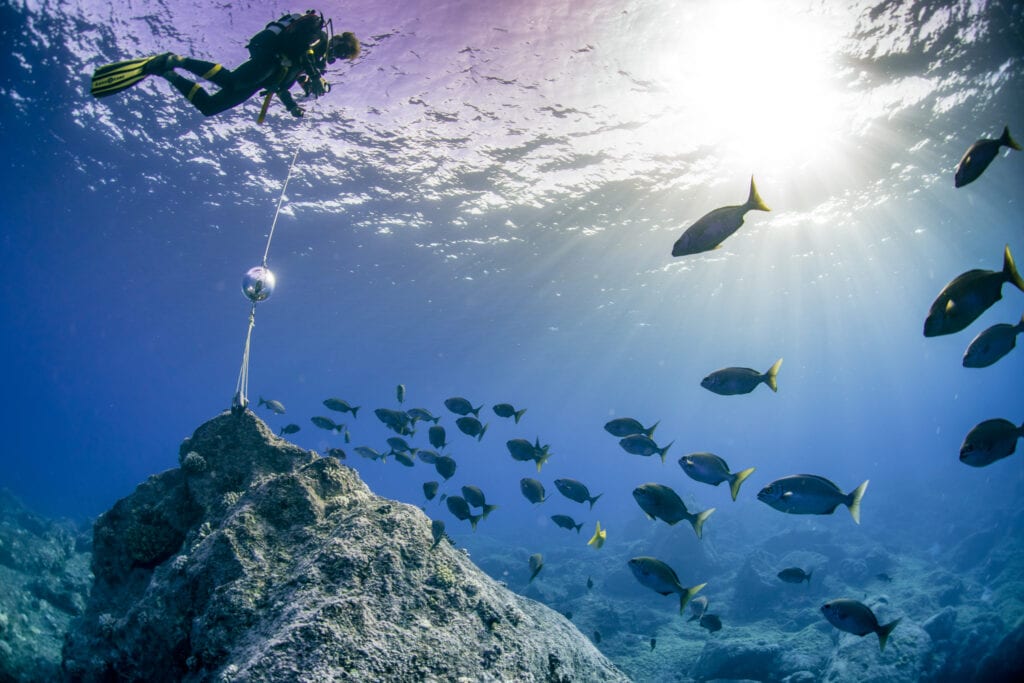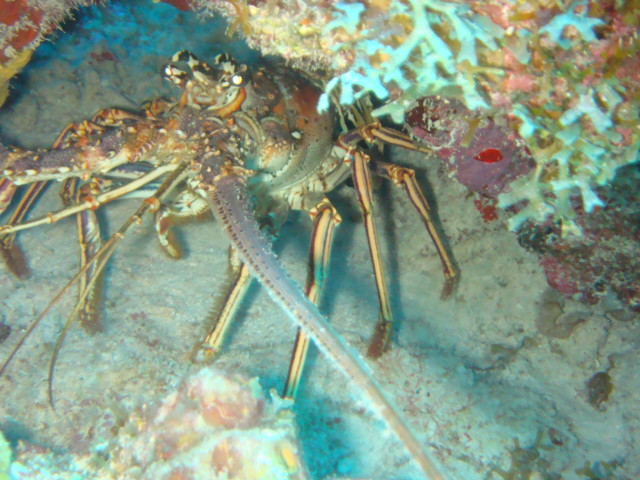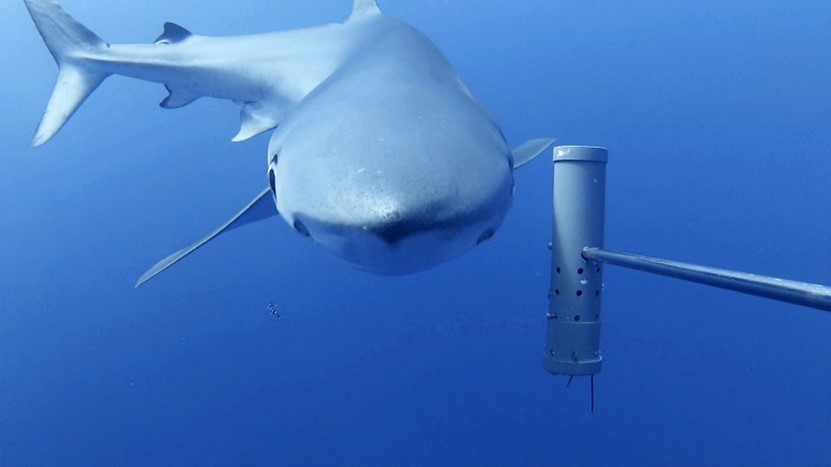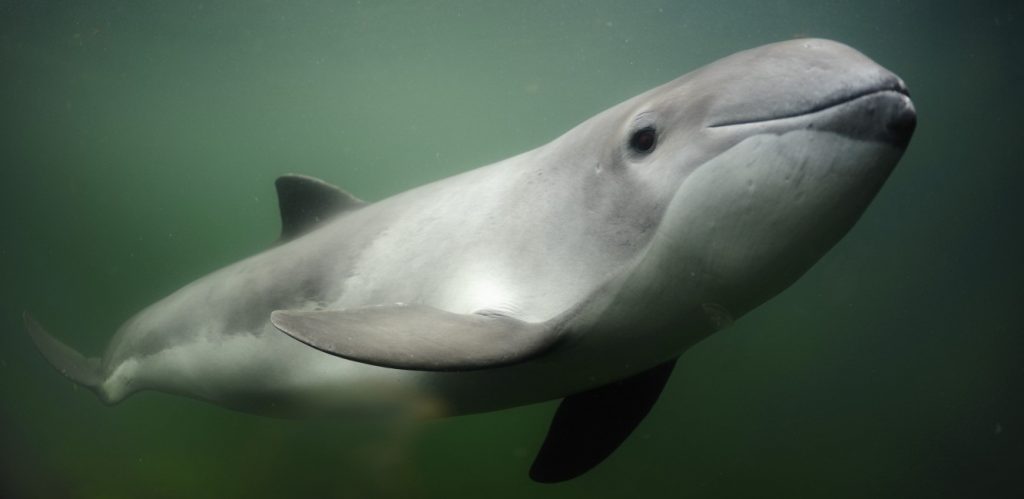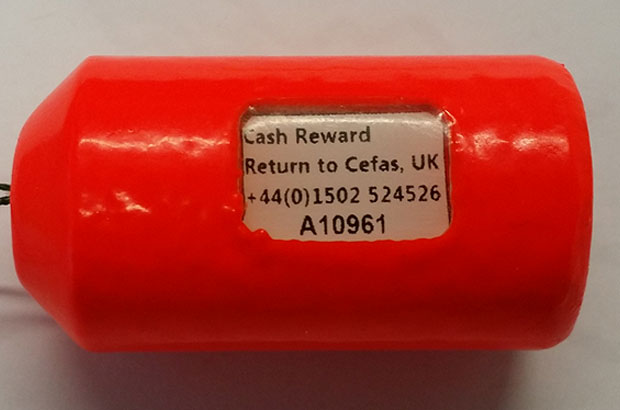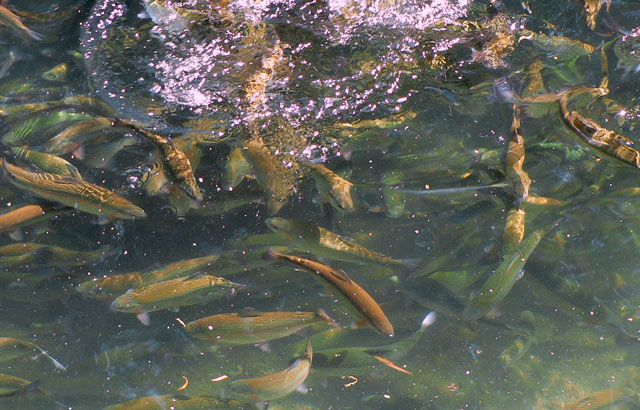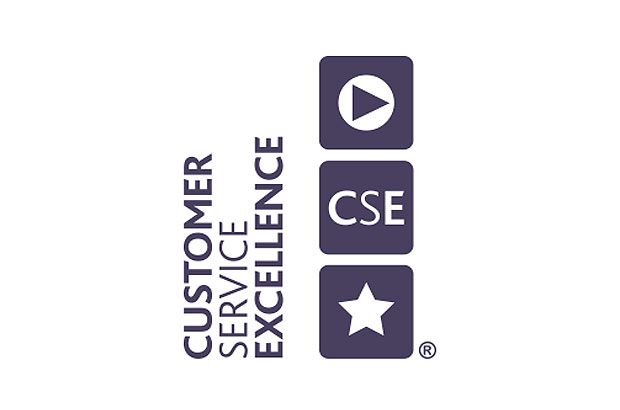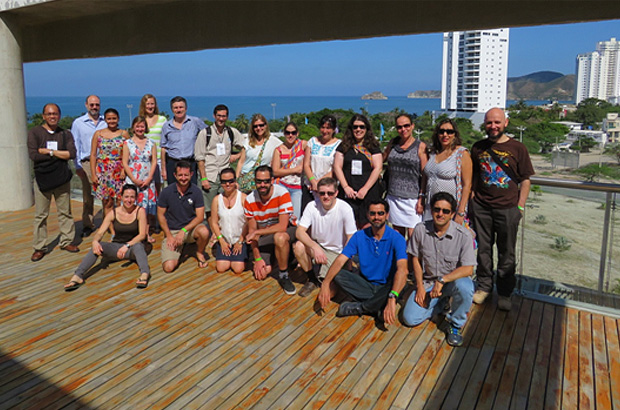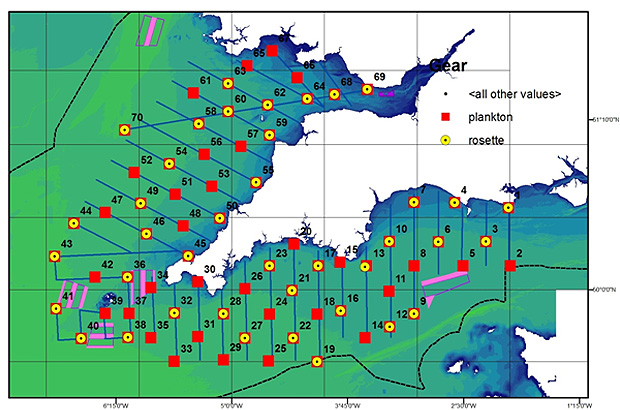Technology
Kylie Bamford, Head of Marine Conservation for the UK Overseas Territories, Foreign, Commonwealth and Development Office: The Blue Belt Programme supports delivery of the UK government’s commitment to provide long term protection and sustainable management of marine environments across the …
The recently announced Global Ocean Wildlife Analysis Network will collect unique and important data from across ten UK Overseas Territories, increasing our knowledge and ability to support the protection of these valuable marine environments. The new underwater network of Baited …
Cefas project lead, Dr Paul Whomersley: The oceans are rich and wondrous, hosting diverse wildlife and incredible species beneath the surface. But at a time when ocean resilience and productivity are declining, it is more important than ever to look …
To protect the health of our seas and oceans, we need to understand the level and impact of human pressures, such as fisheries, contaminants and eutrophication.
Cefas scientists have published a study which proposes a new methodology to manage the impact of underwater noise on marine life. The work, titled “Marine Noise Budgets in Practice” and published in the journal Conservation Letters, allows policy makers to …
My last post described how both the UK (Cefas) and France (Ifremer) have been tagging sea bass with electronic data storage tags (DSTs). We’re doing this to learn about their behaviour and migration patterns.
Below are the best announcements over the last quarter from across the international aquaculture industry and government bodies.
In August 2015 the Fish Health Inspectorate (FHI) achieved the prestigious Customer Service Excellence (CSE) Standard, and I want to show you how we did it.
Marine science relationships between young scientists from the UK and Colombia have been developed and strengthened at a recent British Council funded workshop.
For the third consecutive year, the multidisciplinary pelagic survey of the Western English Channel, Isles of Scilly and the Bristol Channel has started.
